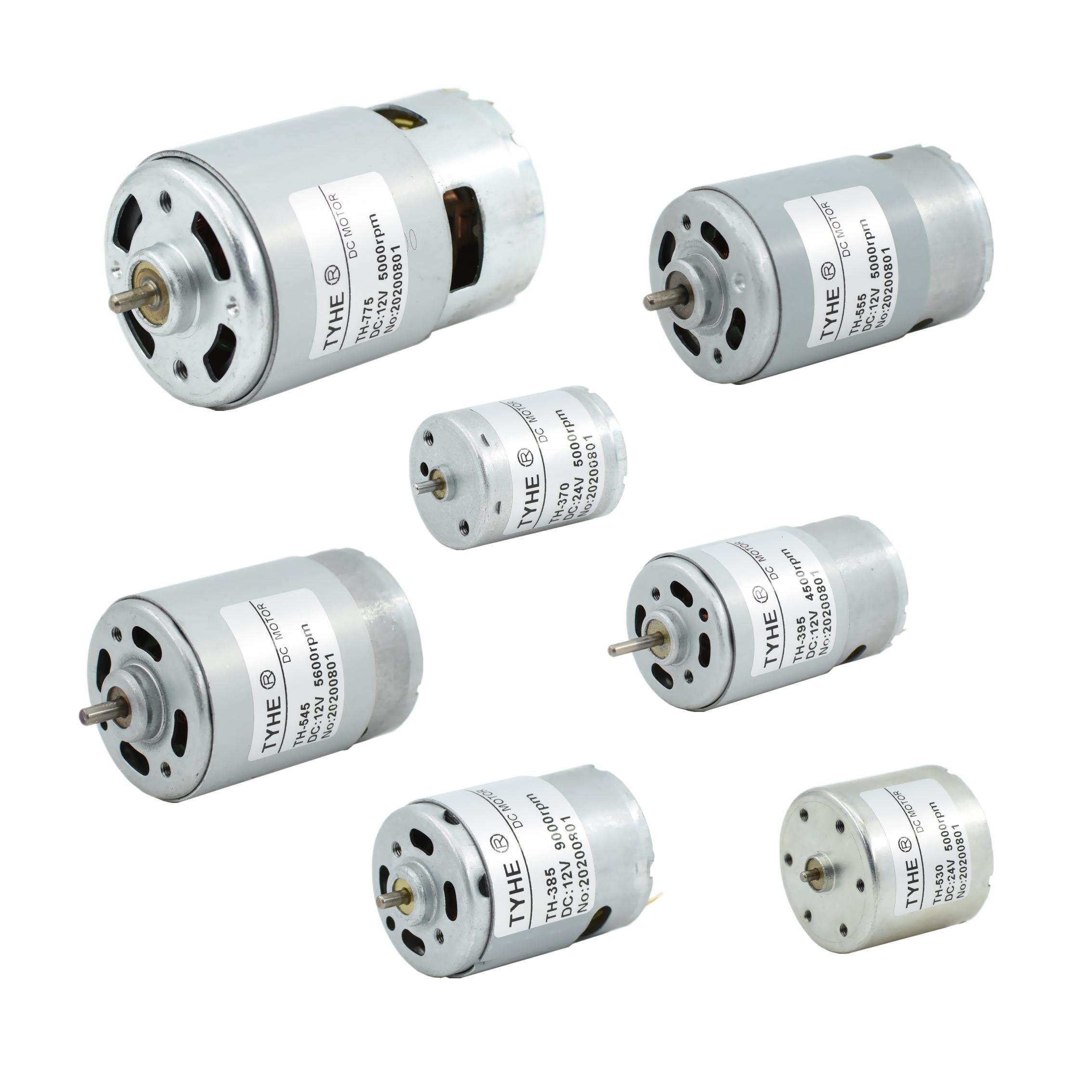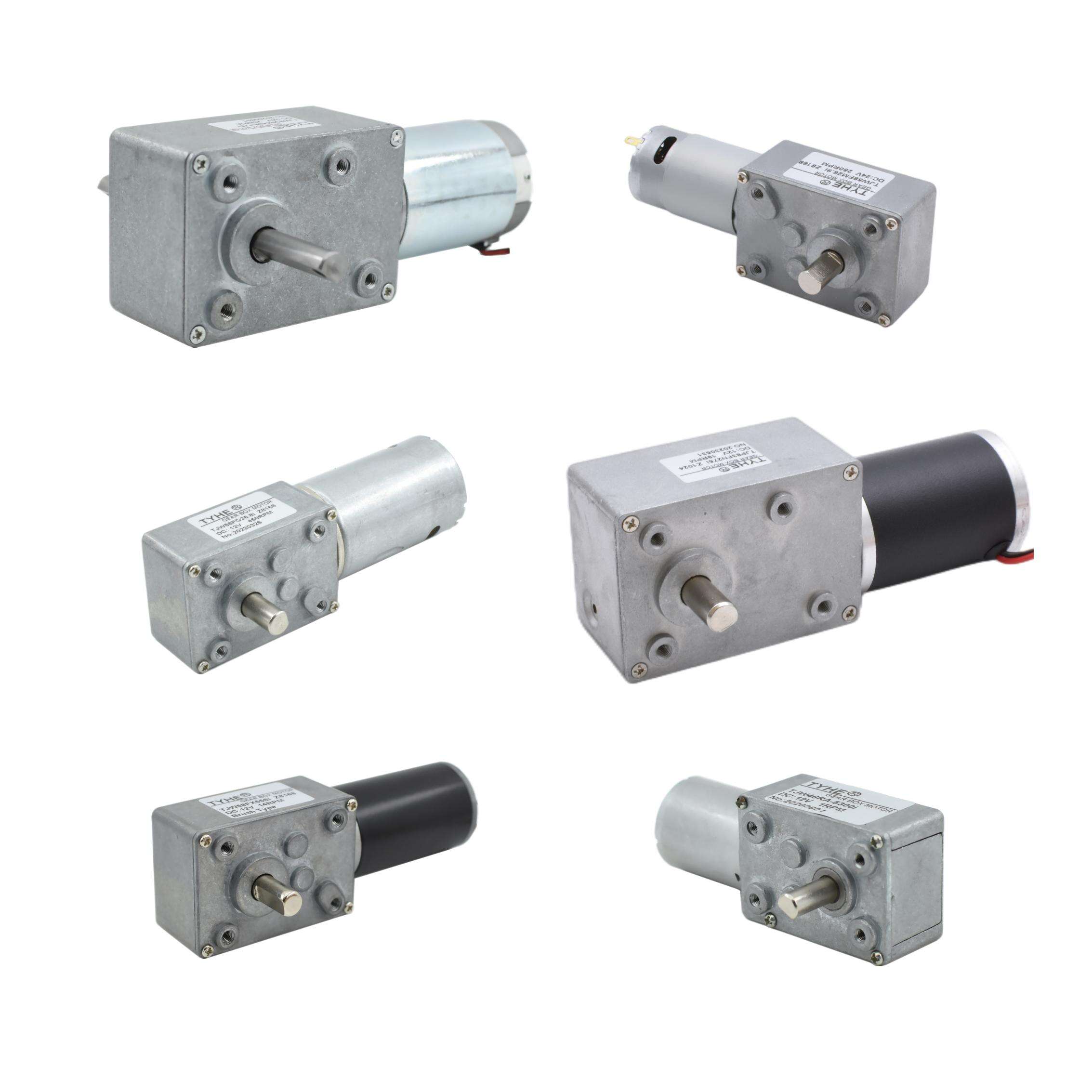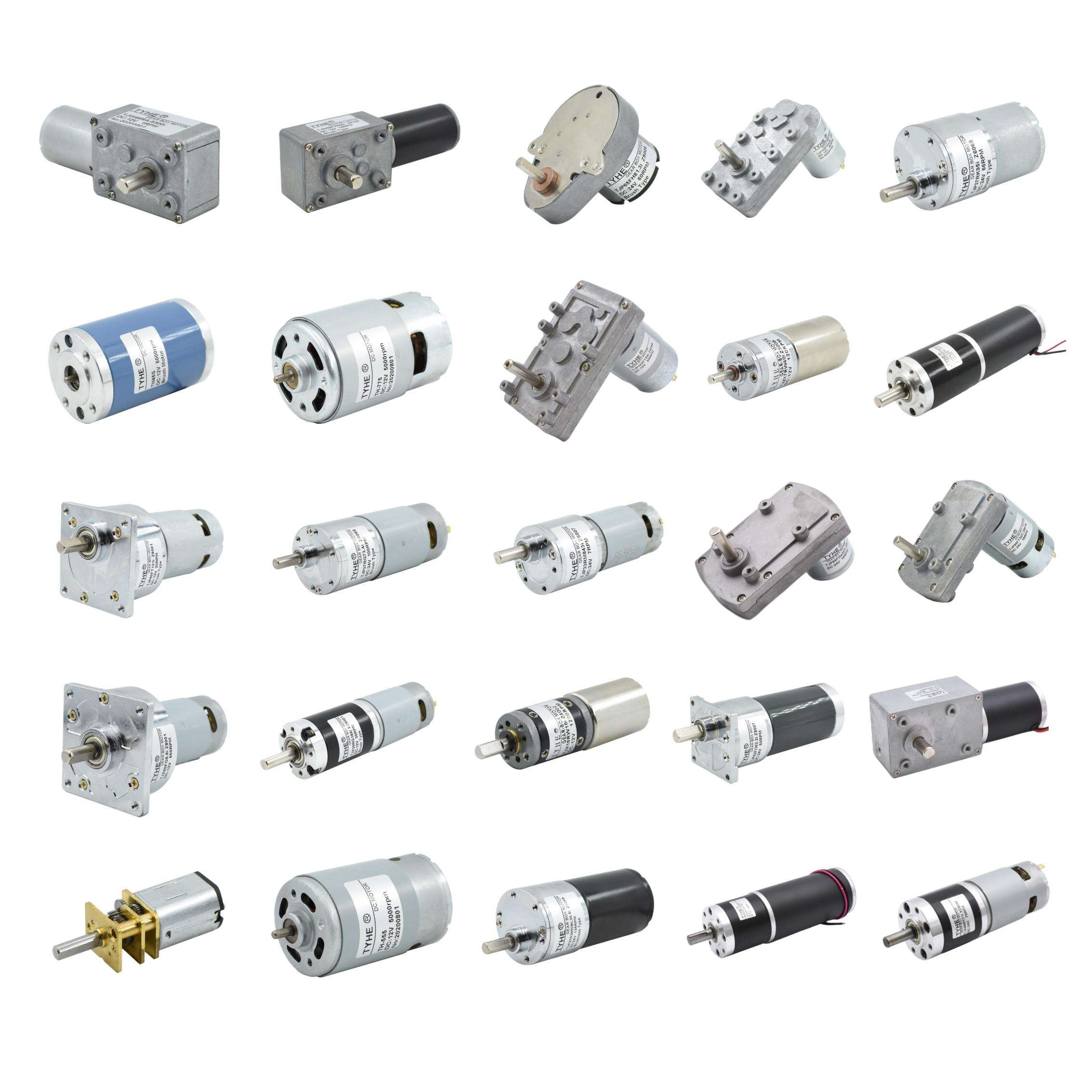dc stepper motor
A DC stepper motor is a precision electromechanical device that converts digital pulses into precise mechanical rotations. This sophisticated motor operates by dividing a full rotation into equal steps, allowing for exact positioning and speed control. The motor consists of multiple coils arranged in groups called phases, and a permanent magnet rotor. When electrical pulses are applied to these phases in a specific sequence, the motor rotates in discrete steps, typically ranging from 1.8 to 90 degrees per step. DC stepper motors excel in applications requiring precise positioning, as they can maintain their position without feedback sensors. They operate on direct current and provide consistent torque at low speeds, making them ideal for various industrial and consumer applications. These motors are extensively used in 3D printers, CNC machines, robotics, and automated manufacturing equipment. Their ability to provide accurate movement control, coupled with their reliability and maintenance-free operation, makes them essential components in modern precision machinery. The motor's digital nature allows for easy integration with microcontroller-based systems, enabling sophisticated motion control through simple programming.


